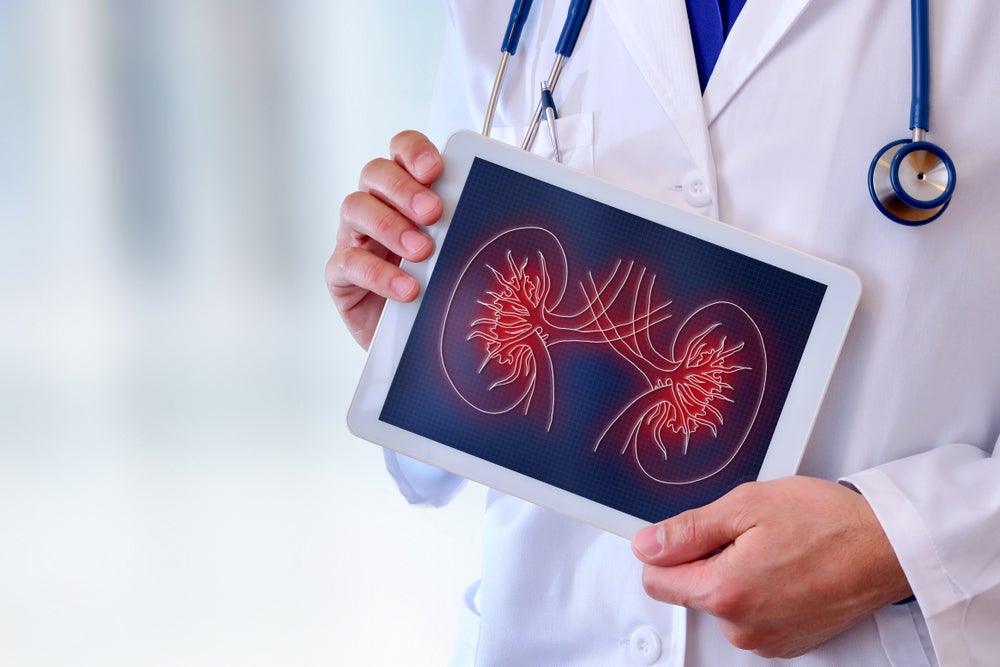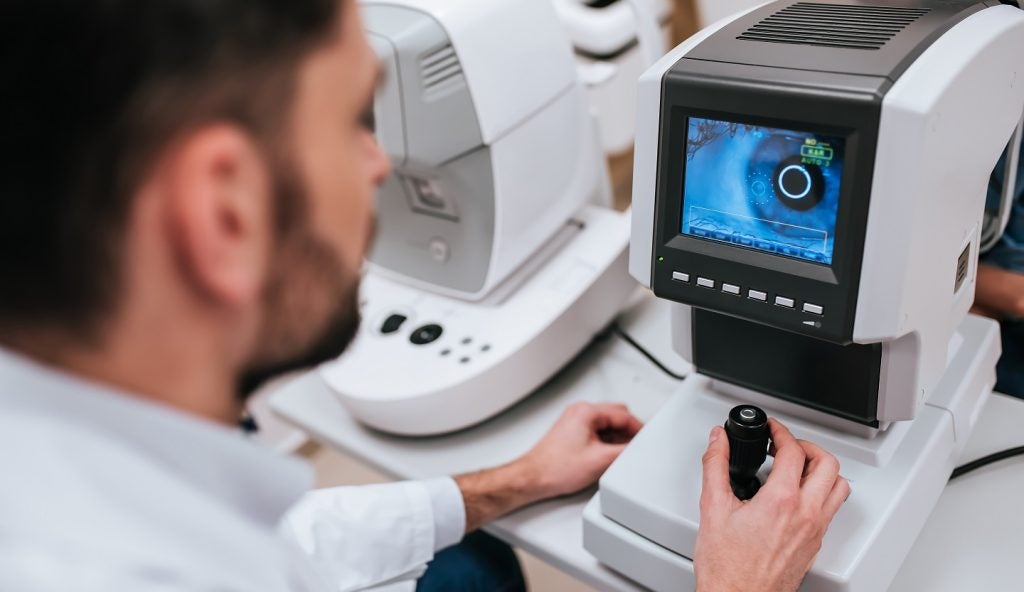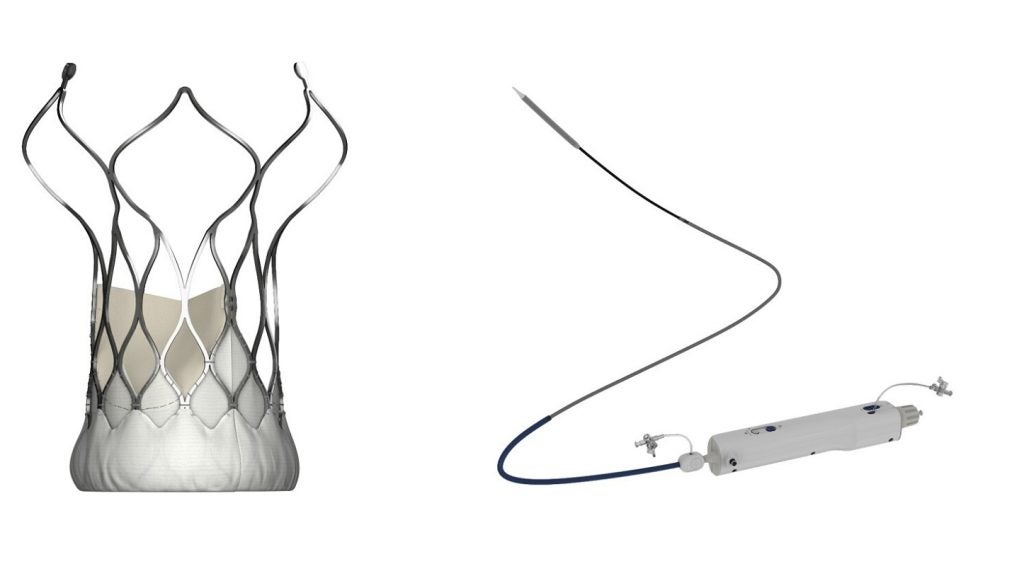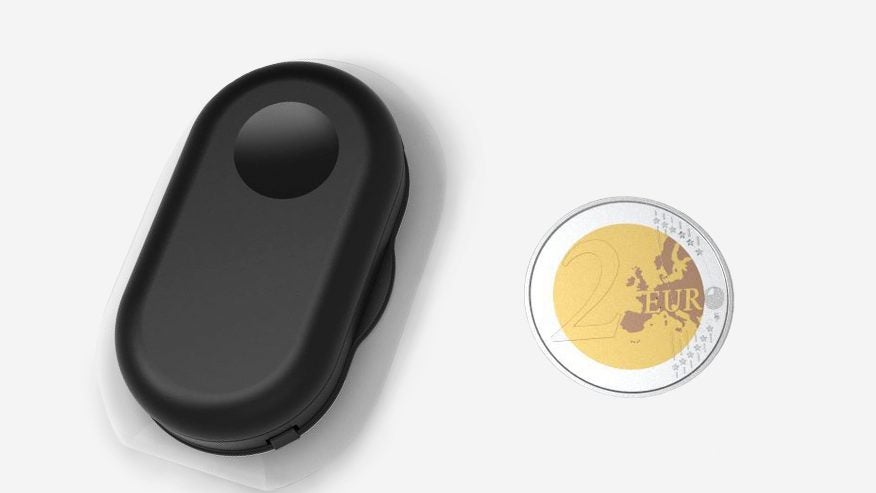The US Food and Drug Administration (FDA) has granted an investigational device exemption (IDE) to Xeltis, green-lighting a pivotal study evaluating its haemodialysis vascular access device aXess.
The FDA nod means a US pivotal trial will soon run in parallel to an EU pivotal trial slated to recruit up to 110 patients, according to Xeltis, which has offices in both the Netherlands and US. The company did not disclose any further details about the upcoming US trial.
Xeltis’ chief medical officer Paulo Neves said: “This pivotal study is important in assessing and demonstrating this and marks a significant milestone in our clinical strategy in the US."
Around 3.5 million patients with end-stage renal disease are on long-term dialysis each year. Often these patients have a fistula made to process high volumes of blood. Whilst a reliable method that improves efficiency of haemodialysis, infections with bacteria such as Staphylococcus aureus and Staphylococcus epidermidis can take hold.
Xeltis, which won €12.5m ($13.39m) in funding from the European Innovation Council in August last year, says its aXess device can help alleviate this and other complications. Designed using its endogenous tissue restoration (ETR) platform, Xeltis’ biodegradable polymer implants are gradually replaced by the patient’s own tissue. The result is a new and permanent vessel that facilitates vascular access for haemodialysis.
The vascular implant company has already reported positive 12-month data from a first-in-human European trial (NCT04898153) of the device. Out of the 20 patients enrolled, all demonstrated 100% secondary patency and 78% primary assisted patency at 12 months. The graft patency was defined as any flow through both the graft and the native vessel.
Xeltis’ CEO Eliane Schutte said: “We are very proud of the potential for aXess to transform the field of vascular access by stopping the cycle of interventions and infections and bringing our unique restorative solution to haemodialysis patients worldwide."
The global vascular access device for the haemodialysis market is forecasted to be worth $937m in 2030, according to GlobalData analysis. The vascular access graft segment of the market is estimated to be worth $633.6m in the same period.














